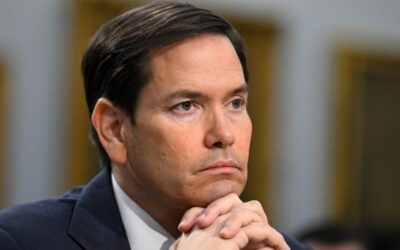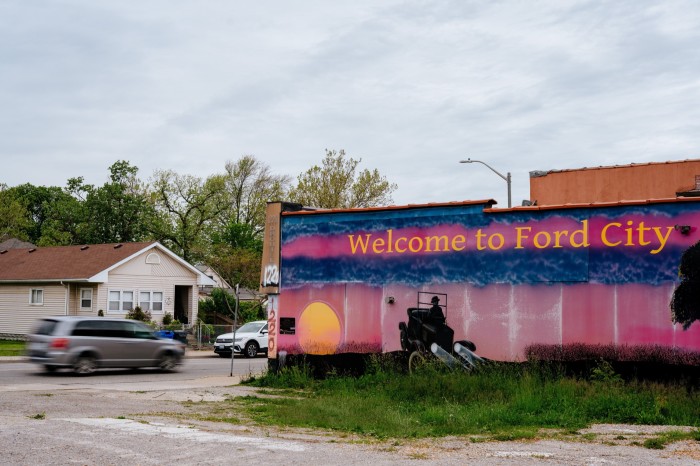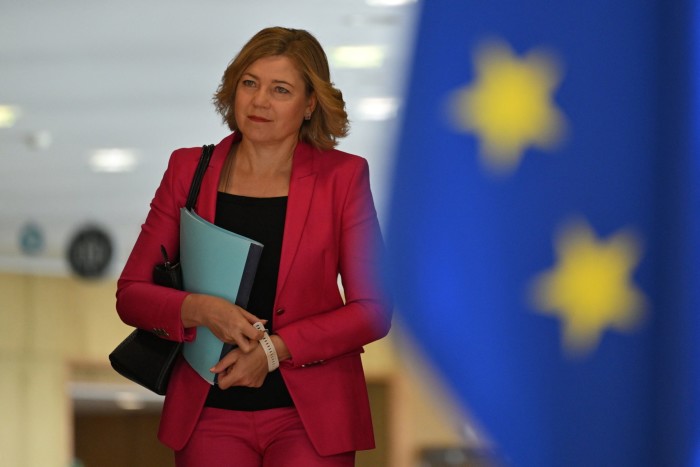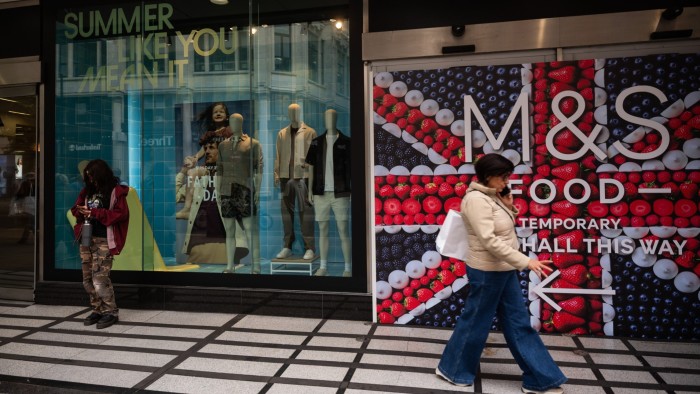French business schools fast-track entry for foreign students blocked from US
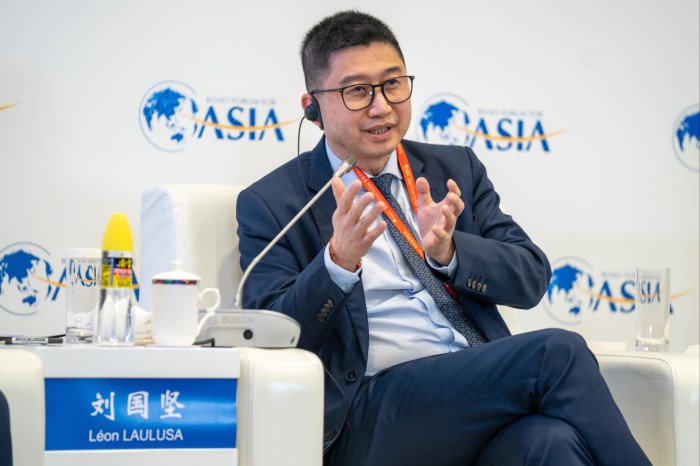
Stay informed with free updates
Simply sign up to the Education myFT Digest — delivered directly to your inbox.
French business schools are fast-tracking or extending application deadlines for foreign students who fear being caught by the Trump administration’s curbs on visas.
Fouziya Bouzerda, head of the Grenoble School of Management, encouraged students unable to study in the US to consider the French Alps.
“If you’re an international student affected by the suspension of visa interviews in the US, we’re here to help you continue your academic journey without interruption,” she wrote on LinkedIn.
“We’ve decided to fast-track applications for students who have already been admitted into US business schools.”
US secretary of state Marco Rubio on Tuesday ordered consulates abroad to pause visa application appointments for students while the government worked on new harsher vetting guidelines.
Léon Laulusa, director of ESCP Business School in Paris, said about 100 French universities and top-tier grandes écoles were discussing co-ordinated steps to help foreign students already in or headed to the US, if the Trump administration confirms it will close its doors to them.
“We’re now looking at pushing back application deadlines that are usually in May to allow people to apply,” he told the Financial Times, adding that ESCP “would be very happy to welcome” those unable to attend US universities.
The group has been in contact with the French government, he said, with potential announcements in the coming days.
About two-thirds of those enrolled at ESCP are foreign students, attracted by MBA and executive MBS programmes offered in Paris and at five other campuses in European capitals.
US President Donald Trump’s broader campaign against US universities has included cutting research funding and putting pressure on scientists working in areas such as climate change and vaccine research.
He has focused particular wrath on elite institutions such as Harvard and Columbia, accusing them of limiting freedom of speech and academic freedom.
Trump’s administration had sought to ban Harvard from admitting international students, who make up about one-quarter of the student body, but the university is challenging the move in court.
Trump and his allies have seized upon pro-Palestinian protests on campuses to argue that universities do not sufficiently protect Jewish students.
Laulusa said there was incomprehension in the French academic community about Washington’s approach. “Look at all the Nobel Prize winners from abroad that the US has attracted . . . Scientific innovation should be the goal, and that has no borders,” he said.
European countries are seeking to benefit from a brain drain of top researchers affected by Trump’s federal funding cuts in fields including medicine, energy and social sciences.
European Commission president Ursula von der Leyen has proposed a €500mn financial package for 2025-27 “to make Europe a magnet for researchers”. French President Emmanuel Macron has promised to offer €100mn in such incentives, and the UK has floated a similar scheme.
“We refuse a diktat consisting of any government being able to say you cannot research this or that,” Macron said in a press conference with von der Leyen this month.
At Sciences Po in Paris, applications from foreign students have begun to rise: the university said they had increased by 26 per cent from a year earlier for master’s programmes, and 8 per cent for bachelors degree classes. The school offers courses in political science and policy, law and journalism.
“When you apply for your studies, you’re committing for four to five years, so, of course, you look for the safest places,” Luis Vassy, director of Sciences Po, told France Culture radio on Wednesday. “We are among the institutions that are both excellent and, undoubtedly, reassuring.”
Manuel Muñiz, provost of IE University in Madrid, which includes a large business school, said Washington’s move ran counter to the trend of students seeking more international experiences, including via degrees split between countries.
He said the US decision had created “real doubts” over whether his students could attend a Harvard summer school, as well as uncertainty over planned exchange programmes with US universities in the autumn.
“Those students are student visa holders during their period in the US, so that’s something else that we’re looking into,” he said.
At IE, where 90 per cent of students are from outside Spain, Muñiz said officials were not changing application deadlines because it had a “rolling” admissions process.
Additional reporting by Barney Jopson in Madrid

